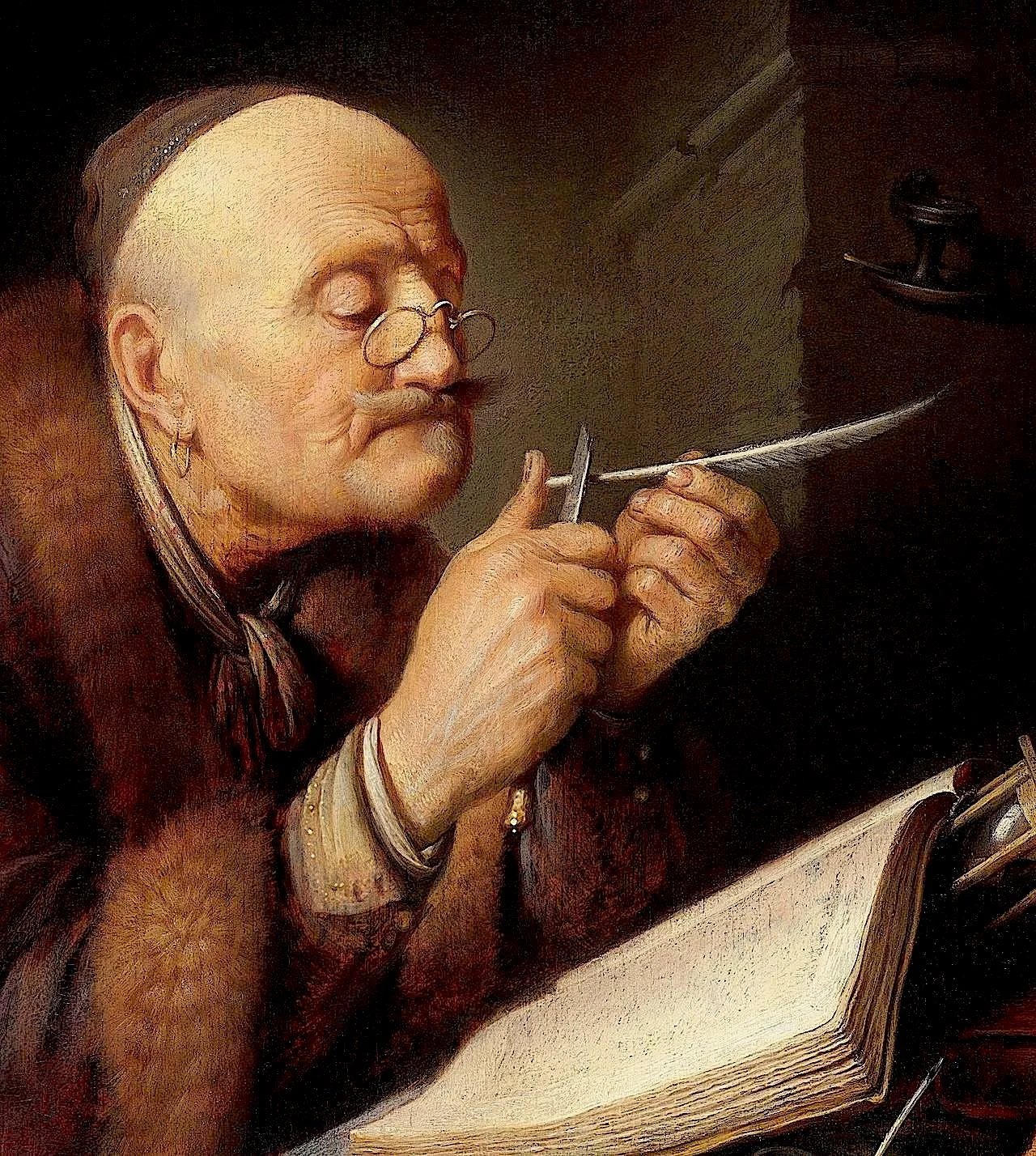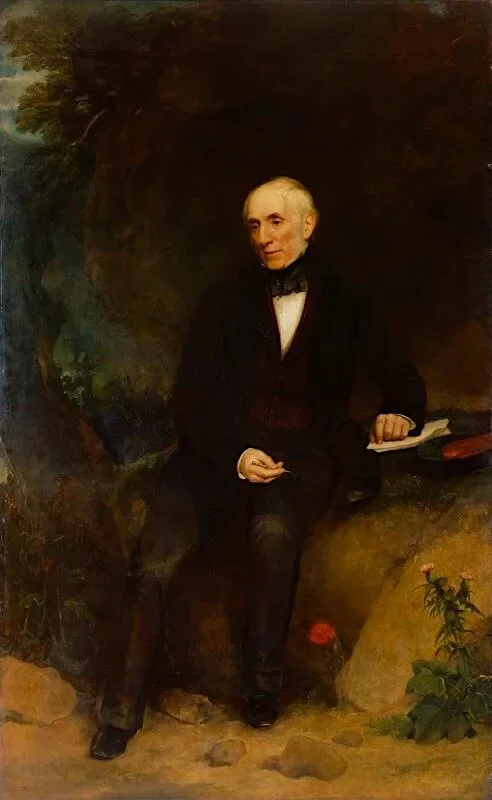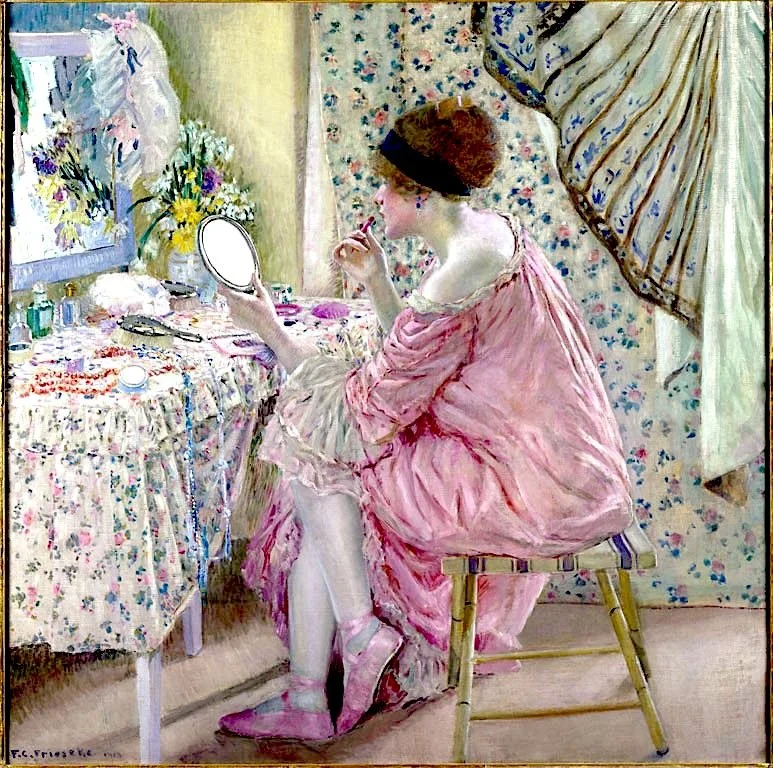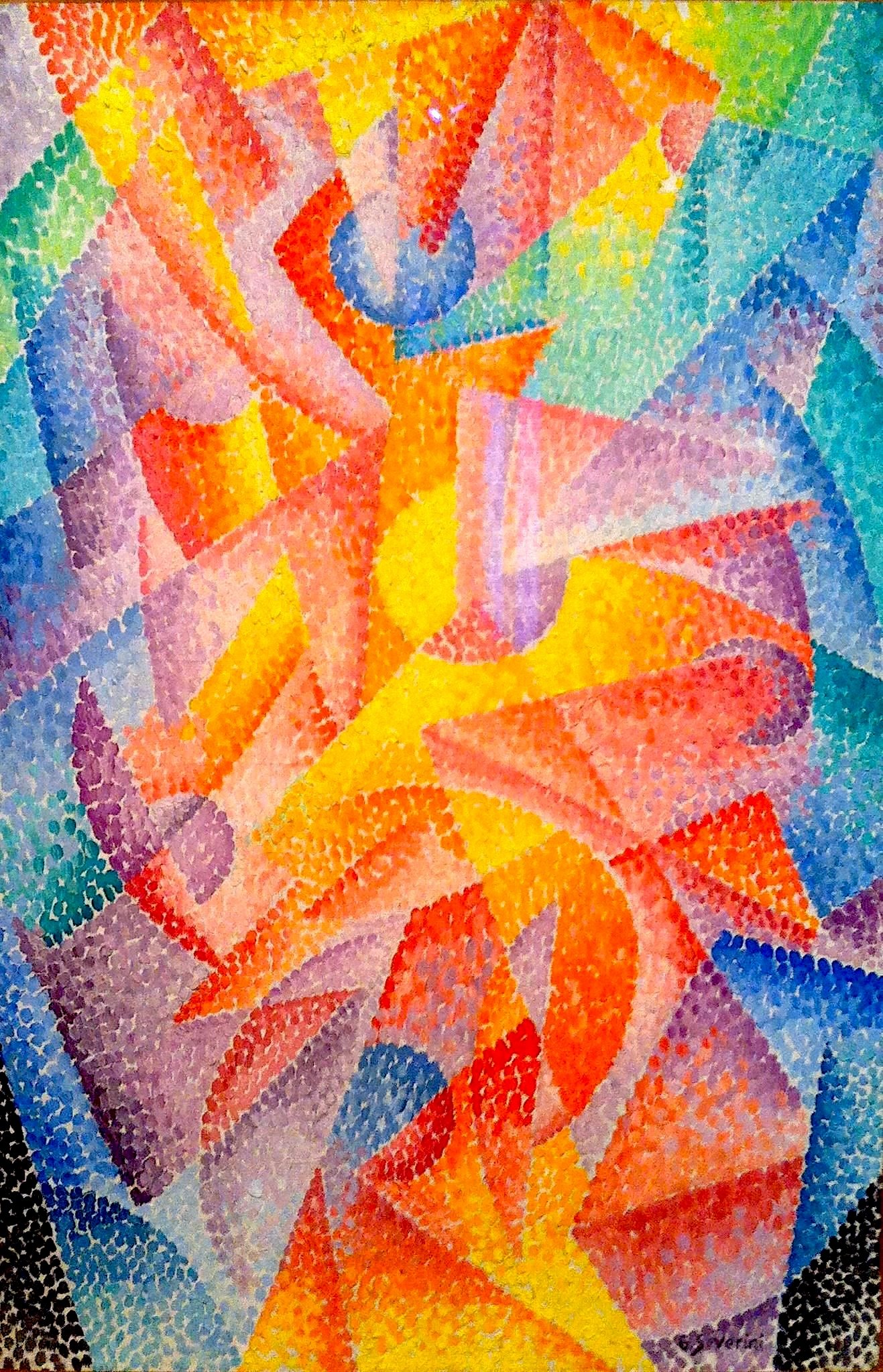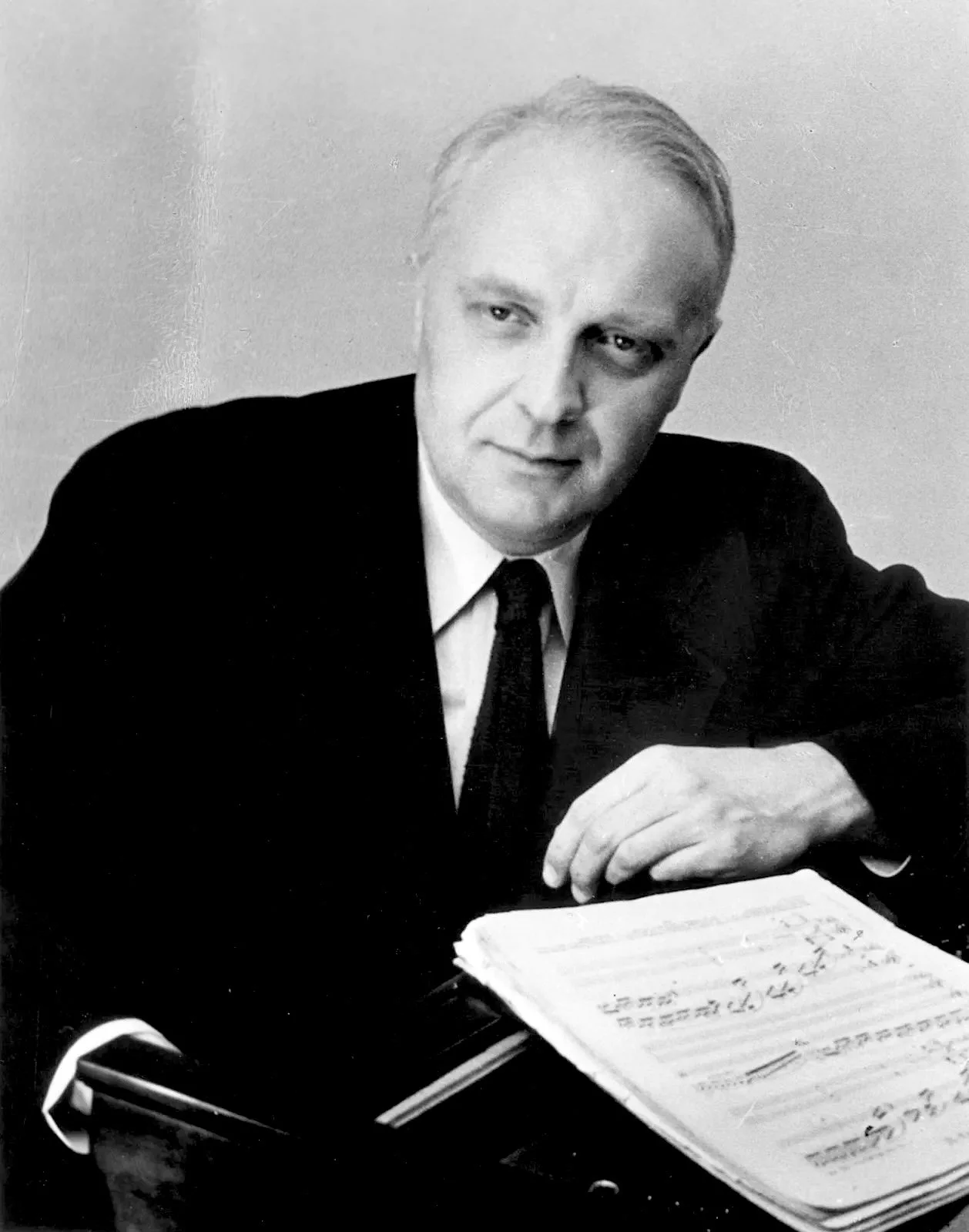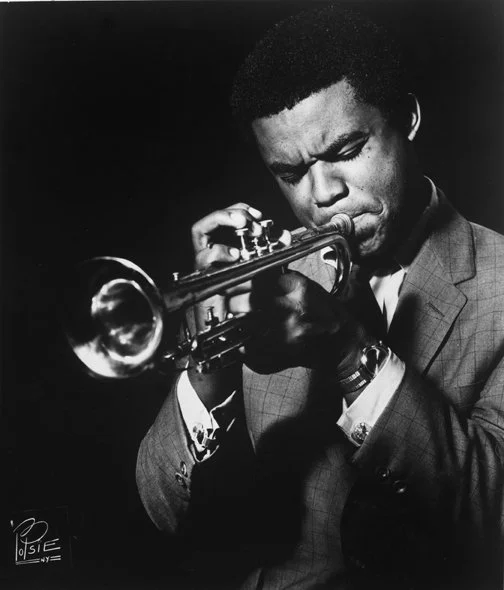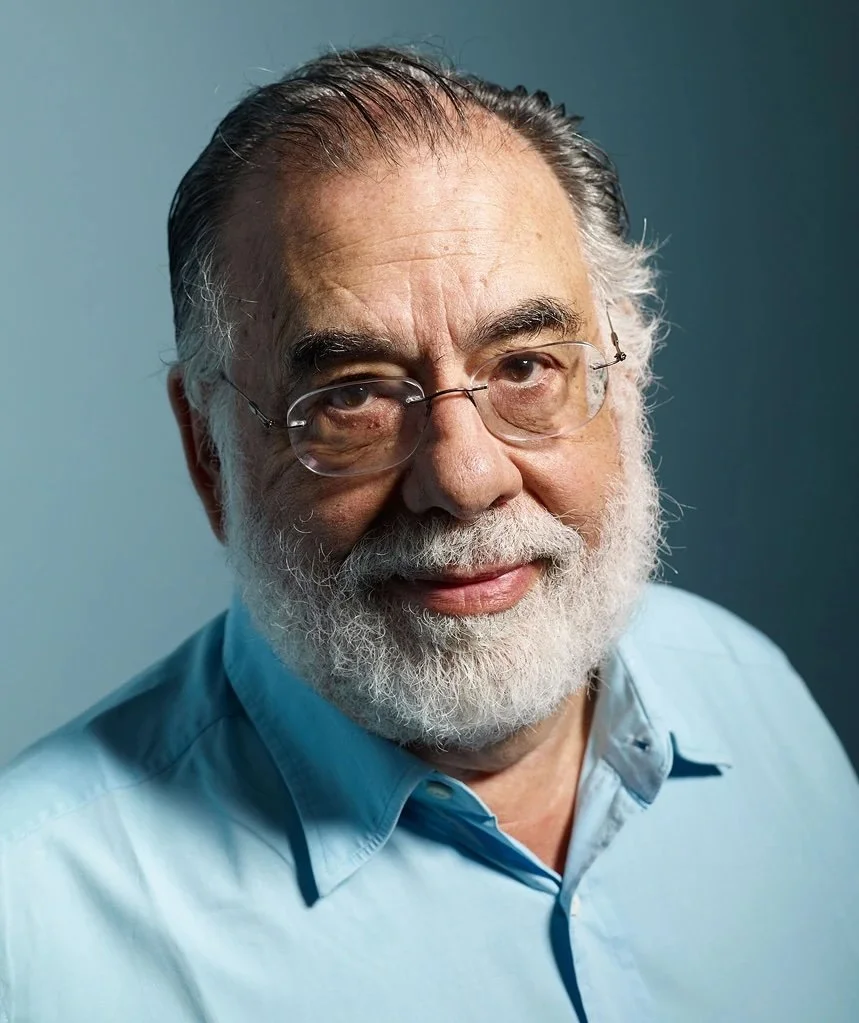APRIL 7
GERRIT DOU (April 7, 1613)
April 7 is the birthday of Dutch painter GERRIT DOU (1613-1675).
"A considerable amount was written about Dou in his own lifetime; for instance, Philips Angels praises Dou in his Lof der Schilderkunst for his imitation of nature and his visual illusions. Angels also stresses how Dou’s paintings expressed the paragone debate current around that time. The debate was an ongoing competition between painting, sculpture and poetry as to which was the best representation of nature. It was especially popular in Leiden where the painters were seeking to obtain the rights of a guild from the town council in order to have laws for their economic protection" (Wikipedia)
To see examples of Dou’s art, CLICK HERE.
WILLIAM WORDSWORTH (April 7, 1770)
April 7 is the birthday of English poet WILLIAM WORDSWORTH (1770-1850).
"O Friend! I know not which way I must look
For comfort, being, as I am, opprest,
To think that now our life is only drest
For show; mean handy-work of craftsman, cook,
Or groom! — We must run glittering like a brook
In the open sunshine, or we are unblest:
The wealthiest man among us is the best:
No grandeur now in nature or in book
Delights us. Rapine, avarice, expense,
This is idolatry; and these we adore:
Plain living and high thinking are no more:
The homely beauty of the good old cause
Is gone; our peace, our fearful innocence,
And pure religion breathing household laws."
Wordsworth " helped to launch the Romantic Age in English literature with their joint publication Lyrical Ballads (1798).
Wordsworth's magnum opus is generally considered to be The Prelude, a semi-autobiographical poem of his early years that he revised and expanded a number of times. It was posthumously titled and published by his wife in the year of his death, before which it was generally known as 'The Poem to Coleridge.'
Wordsworth was Poet Laureate from 1843 until his death from pleurisy on 23 April 1850. He remains one of the most recognizable names in English poetry and was a key figure of the Romantic poets." (Wikipedia)
FREDERICK CARL FRIESEKE (April 7, 1874)
April 7 is the birthday of American Impressionist painter FREDERICK CARL FRIESEKE (1874-1939).
Frieseke "spent most of his life as an expatriate in France. An influential member of the Giverny art colony, his paintings often concentrated on various effects of dappled sunlight. He is especially known for painting female subjects, both indoors and out." (Wikipedia)
To see examples of Frieseke’s art, CLICK HERE.
GINO SEVERINI (April 7, 1883)
April 7 is the birthday of Italian painter GINO SEVERINI (1883-1966).
Severini "was a leading member of the Futurist movement. For much of his life he divided his time between Paris and Rome. He was associated with neo-classicism and the 'return to order' in the decade after the First World War. During his career he worked in a variety of media, including mosaic and fresco. He showed his work at major exhibitions, including the Rome Quadrennial, and won art prizes from major institutions." (Wikipedia)
To see examples of Severini’s art, CLICK HERE.
ROBERT CASADESUS (April 7, 1899)
April 7 is the birthday of French pianist ROBERT CASADESUS (1899-1972).
"A product of the school of French pianism, his style of playing was classical and restrained with a very delicate approach to melody and line. He is especially noted as an interpreter of Mozart. Among his other recordings are those of the complete piano music of Ravel (for which he was awarded the Grand Prix de l'Academie Charles Cros and the Grand Prix de l'Academie du Disque), and the Beethoven Violin Sonatas with Zino Francescatti (of which the Kreutzer Sonata was filmed and has been released on DVD). The Bell Telephone Hour, a fine arts-related television series broadcast on NBC for many years, produced a one-hour television film, in 1967, on Robert, Gaby and their son Jean, titled 'The First Family of the Piano.'" (Wikipedia)
PERCY FAITH (April 7, 1908)
April 7 is the birthday of Canadian–American bandleader, orchestrator, composer and conductor PERCY FAITH (1908-1976).
After Percy Faith, riding in an elevator, choosing a head of lettuce or waiting in a dentist's office would never be the same.
Faith was known "for his lush arrangements of instrumental ballads and Christmas standards. He is often credited with popularizing the "easy listening" or "mood music" format. He became a staple of American popular music in the 1950s and continued well into the 1960s. Although his professional orchestra-leading career began at the height of the swing era, he refined and rethought orchestration techniques, including use of large string sections, to soften and fill out the brass-dominated popular music of the 1940s." (Wikipedia)
FREDDIE HUBBARD (April 7, 1938)
April 7 is the birthday of American jazz trumpeter FREDDIE HUBBARD (1938-2008).
Hubbard "played bebop, hard bop, and post-bop styles from the early 1960s onwards. His unmistakable and influential tone contributed to new perspectives for modern jazz and bebop." (Wikipedia)
FRANCIS FORD COPPOLA April 7, 1939)
April 7 is the birthday of American filmmaker FRANCIS FORD COPPOLA (b. 1939).
"Usually, the stuff that's your best idea or work is going to be attacked the most."
Coppola "started his career directing The Rain People (1969) and co-writing Patton (1970), the latter of which earned him and Edmund H. North the Academy Award for Best Original Screenplay. Coppola's reputation as a filmmaker was cemented with the release of The Godfather (1972) and The Godfather Part II (1974) which both earned Academy Awards for Best Picture, and the latter earned him Best Director. The films revolutionized the gangster genre. Coppola released the thriller The Conversation (1974), which received the Palme d'Or at the Cannes Film Festival.
His next film, the Vietnam War epic Apocalypse Now (1979), had a notoriously lengthy and strenuous production and also won the Palme d'Or, making Coppola one of only ten filmmakers to have won the award twice. He later directed films such as The Outsiders and Rumble Fish (both 1983), The Cotton Club (1984), Peggy Sue Got Married (1986), The Godfather Part III (1990), Bram Stoker's Dracula (1992), and The Rainmaker (1997). He also produced American Graffiti (1973), The Black Stallion (1979), and The Secret Garden (1993). Dissatisfaction with the studio system led to his retreat to independent and experimental filmmaking with the films Youth Without Youth (2007), Tetro (2009) and Twixt (2011), culminating in the $120 million-budgeted Megalopolis (2024) which he financed himself." (Wikipedia)
THIS DAY IN HISTORY
ST. JOHN PASSION FIRST PERFORMANCE
THIS DAY IN HISTORY: On April 7, 1724, the first performance of Bach's St John Passion, BWV 245 took place at St. Nicholas Church, Leipzig.

